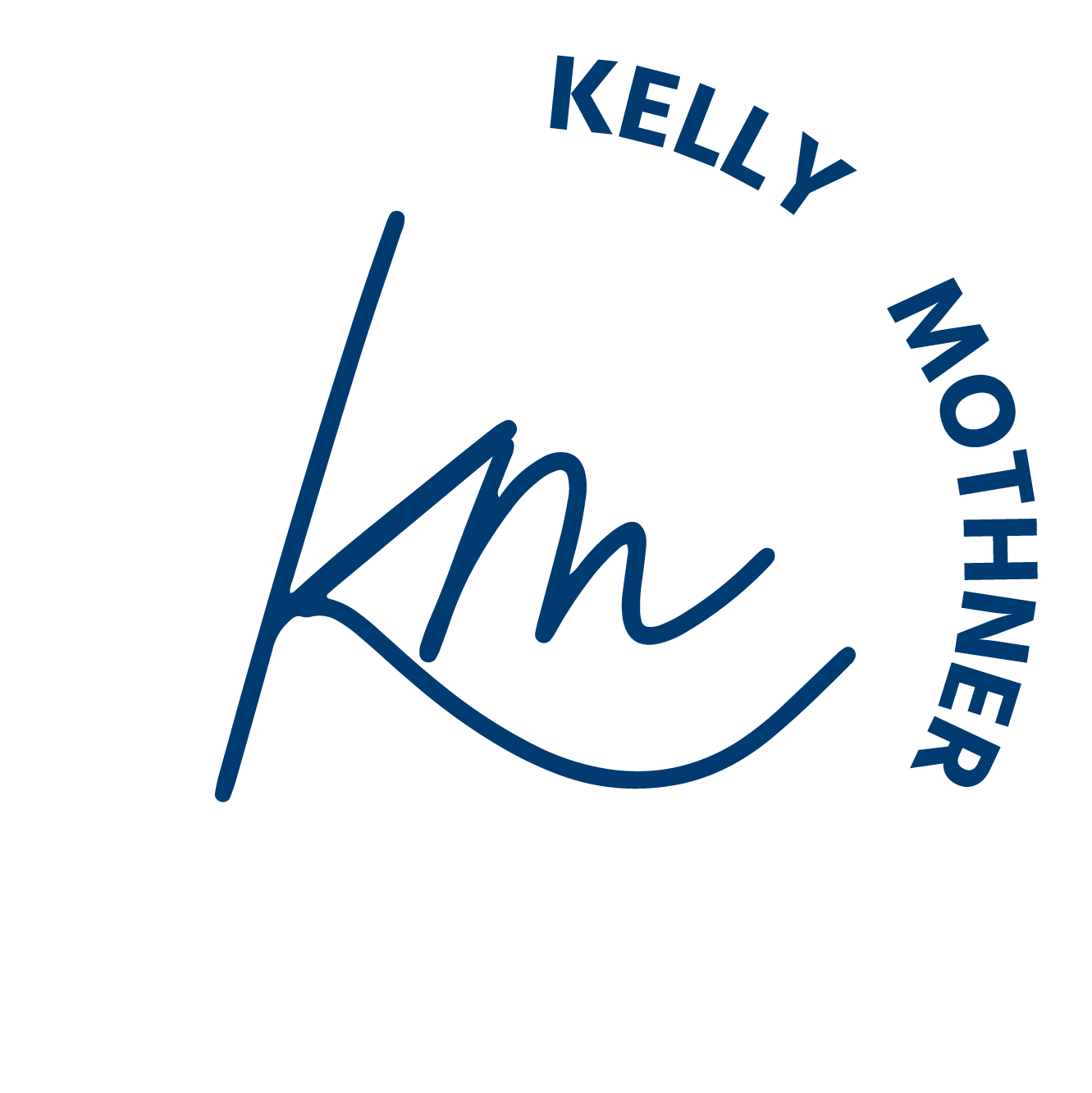How Couples Therapy Can Improve Your Relationship
There is no doubt that intimate relationships take work. A healthy way for relationships to grow is through an open line of communication. Both the individual and the relationship as a whole benefit from proactively confronting and addressing those issues that may be acting as barriers to a happier and a more fulfilling relationship. Couples therapy can be an important step to take if you and your partner are hoping to get your relationship back on track.
Below I have gathered a list of common questions you may have when thinking about starting couples therapy. Every individual and couple will have different questions and concerns, so feel free to contact me and we can discuss your questions further.
Frequently Asked Questions
When should my partner and I seek couples therapy?
It is never too early to seek couples therapy. Whether you hope to enhance and strengthen your relationship, you want to break maladaptive relationship patterns, or the pain of the current situation feels too overwhelming, couples therapy can provide the safe and contained space that you and your partner need. Sometimes couples wait until a crisis to seek outside help, however, there are several signs to look out for that indicate that you and your partner may benefit from enlisting the help and guidance of a couples therapist:
- Lack of communication or negative communication.
- Chronic feelings of tension or strain in the relationship.
- Frequent arguing, yelling, or discord.
- Built-up or unspoken feelings of anger, bitterness, or resentment.
- Diminished affection, intimacy, or sense of connection.
- One partner is contemplating (or having) an affair.
- Secret keeping.
- Living separate lives.
- Sex life has shifted significantly.
What are the main benefits of couples therapy?
One of the main benefits of couples therapy is helping each partner explore who they want to be and what they expect of themselves in their relationship, as opposed to focusing on how to get their partner to become the person they want them or need them to be. This means helping both partners develop the capacity to self-confront, self-validate, and self-soothe. By encouraging each partner to focus on the self they want to bring to their relationship, partners become more willing to face the challenges within their relationship constructively, as opposed to wasting their energy blaming the other person.
What is your approach to couples therapy?
I approach couples therapy with the primary aim of helping couples confront issues head on and face the challenges in their relationship as constructively as possible. By doing so, couples are able to achieve a stronger and more resilient relationship. Although intrapersonal and interpersonal growth is challenging, it is a vital component of successful couples therapy. I encourage partners to avoid wasting energy and emotion on blaming the other person and instead focus on the self he or she wants to bring to the relationship. I strive to help you and your partner understand what you need from yourself instead of how to make your partner “better”. My hope is that at the end of our work together, couples leave my office more capable of handling the challenges that come with being in a committed, long-term relationship. My other aim is that they now have the tools, insight, and self-awareness necessary to promote an enduring and meaningful intimate relationship.
What should we expect from couples therapy?
Many people enter couples therapy not knowing what to expect. My hope is to allay any trepidation about coming in for the first time. In a general sense, couples therapy provides a neutral space for you and your partner to begin addressing those issues that are problematic in your relationship with the help of an unbiased professional who has experience in this domain. At the start of therapy, you will be asked to think about the kind of life and relationship you hope to build with your partner, the role that you play in the current relational dynamic, and your individual goals for being in couples therapy. As the therapist, my aim will be to help you achieve these goals. Another responsibility of mine will be to ensure that both of your voices get heard and each partner’s perspective is taken into account. Through this process, you will gain greater insight into yourself and the relational dynamics between you and your partner. At the same time, I will provide you with the necessary tools to begin breaking old patterns of relating and help you develop new ways of interacting with one another that promote connection, intimacy, and mutual respect.
What will be expected of me in couples therapy?
For couples counseling to be effective and worth both you and your partner’s time and energy, you must approach it with a realistic attitude. Don’t expect therapy to be a “quick fix” – because it’s not. Marriage counseling is hard work and the therapist isn’t the one doing all of the work. What you get out of the therapy is completely up to you and your partner. The process of breaking old patterns and unlearning bad habits can be intense and emotionally exhausting. The process will be challenging and it will take time, but in the end it will be worth all of the effort, time, and energy that you both put into it.
Is helping couples stay together always the goal of couples therapy?
This may be surprising, but the ultimate goal of couples therapy is not always to ensure that two people stay together. Instead, the direction that couples therapy takes is guided by whether the couple has come into therapy with the intention of staying together or the intention of breaking up. This may not be clear when a couple first walks in my door, so my initial focus is to explore why each partner believes they are in couples therapy and what they hope to get out of the process. While the primary goal of couples therapy is always to promote the interpersonal well-being and happiness of both partners, for one couple this may mean staying together and for another couple this may mean parting ways. No matter the outcome, couples therapy provides a safe and contained space for two people to confront the problems within their relationship head on instead of ignoring them and allowing the pain, hurt, or resentment to build up further.
Should I consider individual therapy?
Often times it can be very helpful to consider individual therapy in addition to your couples therapy, especially if there are specific issues that you are struggling with that may not be able to be addressed most effectively through couples work. If I feel it would be beneficial and appropriate, I may refer one or both of you to individual therapists.
What if my partner doesn’t want to attend couples therapy?
It is not uncommon for one partner to want to seek couples therapy while the other does not. This can be a highly frustrating scenario for partners who believe that if they were able to get a little help in couples therapy, things could improve in their relationship. In my experience, there are many reasons why one partner may be resistant or refuse to go to couples counseling. In some cases, pursuing therapy is a last-ditch effort to try and save the relationship. Unfortunately, if this is the case and therapy is pursued too late in the process, one person in the relationship has often already made up their mind to move on. However, if therapy is considered before this point, resistance from one partner may stem from preconceived notions about therapy, discomfort opening up to a “stranger”, or the belief that you should be able to fix things on your own without outside help. One way to address these concerns is to emphasize that the purpose of couples therapy is to ensure that both voices and perspectives in the relationship are heard so that new tools and methods of coping can be provided. You may also want to explain that the aim of couples therapy is not to place blame or decide who is right/wrong, but instead allow an unbiased, objective professional help two people work through challenging feelings or built up resentments in a safe and contained environment.
How often would we meet and how long is each session?
I typically meet with couples on a weekly basis. Couples sessions are either 50-minutes or 90-minutes in length. I have found that meeting consistently every week for at least 8-10 sessions facilitates more effective work with couples. It allows us to gain momentum and delve more quickly into the particular issues that you and your partner are struggling with. Down the line we can adjust the frequency of sessions based on how much support you and your partner need and want. This may mean transitioning to meeting every other week or even once monthly.
Do you take insurance?
I accept PPO health insurance plans as an “out-of-network” provider.
How much does it cost?
Couples therapy costs $350 and is payable by credit card, cash or personal check.
Contact Me For More Answers
Recognizing that your relationship needs support can sometimes be difficult, but it is often the first step towards a more lasting bond with your partner. If you are interested in beginning couples counseling, please email me, send me a message through my website, or call me directly at 310-892-2572.


